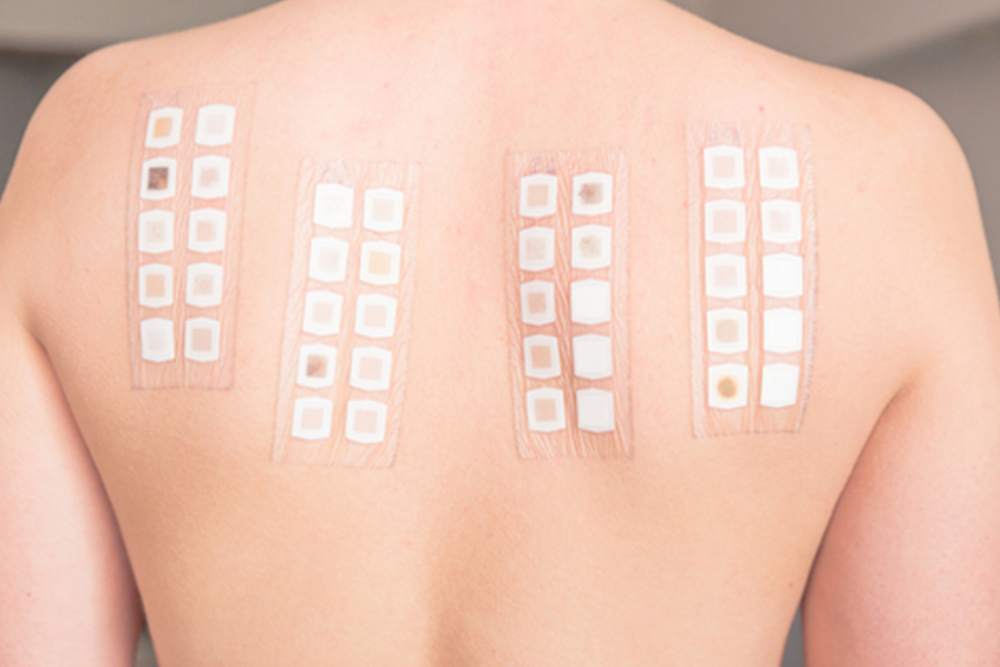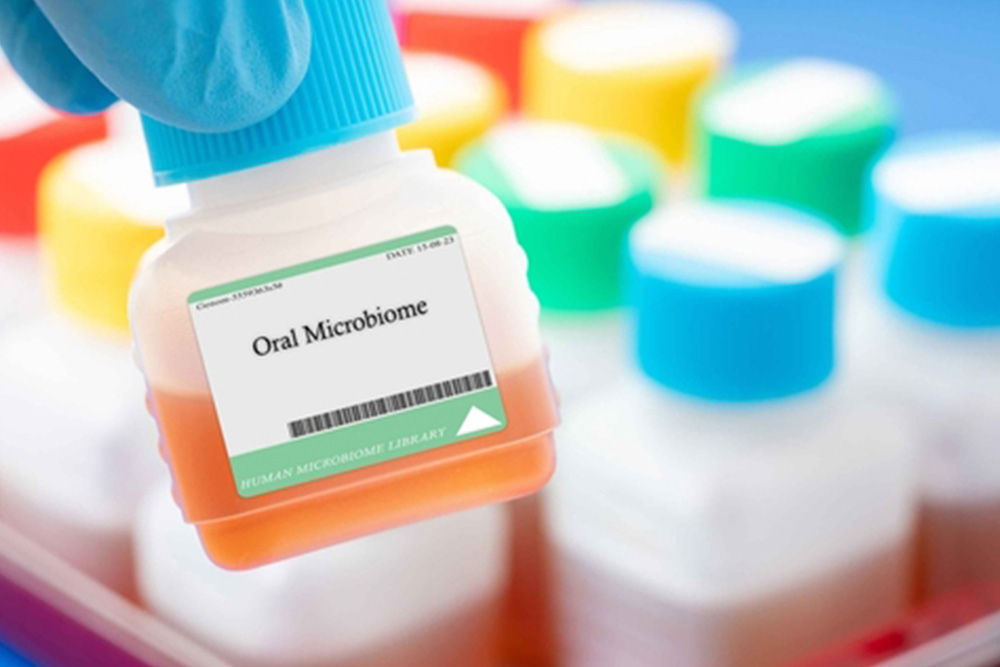Study Reveals Higher Rates of Positive Patch-Test Reactions for Allergic Contact Dermatitis in Children With Atopic Dermatitis

Researchers of a study found that children with atopic dermatitis (AD) are more likely to have positive patch-test reactions for allergic contact dermatitis (ACD) compared to children without AD. Despite an estimated 16.5% prevalence of ACD in children, less than 10% undergo patch testing for diagnosis. Researchers at the University of Minnesota Medical School conducted a retrospective study using data from the Pediatric Allergic Contact Dermatitis Registry (2018-2022) involving 912 children, of whom 615 had AD.
Study Links High Sodium Intake to Increased Atopic Dermatitis Risk

Higher dietary sodium intake has been linked to an increased risk of atopic dermatitis (AD), suggesting that a sodium-restricting diet could be beneficial for managing the condition. This study found that fast food diets, typically high in sodium, are associated with more severe eczema in children globally. The research involved 215,832 adults aged 37 to 73, where 5% had AD. It revealed that higher 24-hour urine sodium excretion correlates with higher odds of AD and increasing severity. A validation cohort from the National Health and Nutrition Examination Survey confirmed these findings, indicating a 1 g/day increase in dietary sodium intake is associated with a higher risk for current AD.
Dupilumab Shows Promise for Treating Atopic Hand and Foot Dermatitis in Phase 3 Trial

Systemic treatment options for patients with atopic hand and/or foot dermatitis (H/F AD) are limited despite the high disease burden. This study aimed to evaluate the efficacy and safety of dupilumab in treating H/F AD using specific instruments to assess disease severity on hands and feet. In a multicenter phase 3 trial, adults and adolescents with moderate-to-severe H/F AD were randomized to receive either dupilumab monotherapy or a matched placebo. The primary endpoint was the proportion of patients achieving a Hand and Foot Investigator’s Global Assessment score of 0 or 1 at week 16, with secondary endpoints assessing symptom intensity, quality of life, and sleep.
Rising Atopic Dermatitis Cases in Elderly Highlight Unique Immune Differences and Risk Factors

The onset of atopic dermatitis (AD) in older adults, including those aged 90 and above, has been increasingly documented, highlighting age-related immune differences and risk factors. According to a 2012 survey, AD prevalence in the United States remains between 6% and 8% through adulthood, with a meta-analysis showing that 26.1% of adults with AD report its onset in adulthood. Recent research also identified significant proportions of elderly-onset AD, with studies showing incidence peaks in both infancy and older adulthood.
Study Reveals Patients With Atopic Dermatitis Prioritize Itch Control and Reducing Adverse Events

Researchers of a study revealed that patients with atopic dermatitis (AD) prioritize treatments that effectively control itch while minimizing adverse event risks. The study highlighted various treatment options for moderate-to-severe AD, including systemic therapies, biologics, and newer options like Janus kinase inhibitors and monoclonal antibodies.
Researchers Propose Tailored Vaccine to Combat Bacteria-Driven Eczema in Children

A multi-disciplinary team from Ireland’s Trinity College Dublin suggest a “tailored vaccine” could affectively tame bacteria-driven eczema in children. The researchers have identified new cellular targets for a vaccine by furthering their understanding of the immune response in cases of eczema caused by Staphylococcus aureus.
Eczema Initiative Recommends Validated Instruments for Atopic Dermatitis in Clinical Practice

Outcome measurement is crucial in value-based healthcare, aiding patient care, quality improvement, and clinical effectiveness evidence generation. The Harmonising Outcome Measures for Eczema Clinical Practice initiative aims to provide clinicians with a selection of validated, feasible instruments to measure atopic dermatitis (AD) tailored to their specific needs in clinical care.
Global Study Reveals Treatment Patterns and Burden of Moderate-to-Severe Atopic Dermatitis

Researchers of the MEASURE-AD study delved into the global landscape of treatment patterns and the multifaceted burden experienced by patients with moderate-to-severe atopic dermatitis (AD). Conducted across 28 countries, the study enrolled patients receiving or eligible for systemic therapy, focusing on outcomes such as the Worst Pruritus Numeric Rating Scale and the Dermatology Life Quality Index. Findings revealed widespread medication usage, with a significant portion of patients utilizing systemic therapies like dupilumab, systemic glucocorticoids, and methotrexate.
Study Reveals Common Therapeutic Targets for Chronic Hand Eczema, Regardless of Atopic Dermatitis Status

Researchers of a study explored the molecular similarities between chronic hand eczema (CHE) patients with and without atopic dermatitis (AD). The researchers utilized tape strips to capture molecular fingerprints, revealing shared immune and barrier dysregulations among both groups. These findings suggest that despite differences in etiology, common therapeutic approaches may effectively target CHE, irrespective of AD status. The study highlighted the urgent need for long-term treatments for this debilitating condition, emphasizing its high prevalence and complex relationship with AD.
Study Links Atopic Dermatitis With Oral Health Disparities: Insights into Altered Oral Microbiota

In a study, researchers looked into the relationship between atopic dermatitis (AD) and oral health, aiming to bridge the knowledge gap in understanding the oral microbiota in patients with AD compared with healthy controls. Involving 45 AD participants and 41 matched controls, the study assessed various oral health indices and conducted high-throughput 16S rRNA gene sequencing analysis on oral flora samples. Results unveiled significantly poorer plaque and oral hygiene indices in AD participants, along with higher oral microbial diversity compared with controls, suggesting an association between AD and altered oral microbiota.

